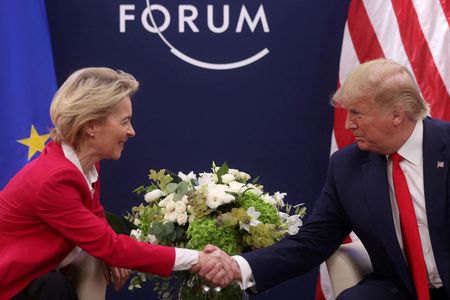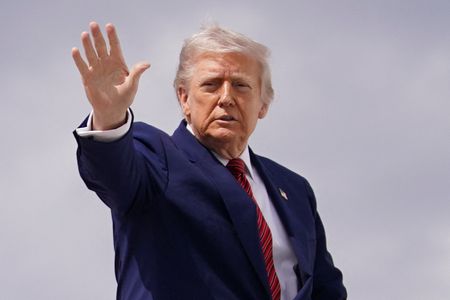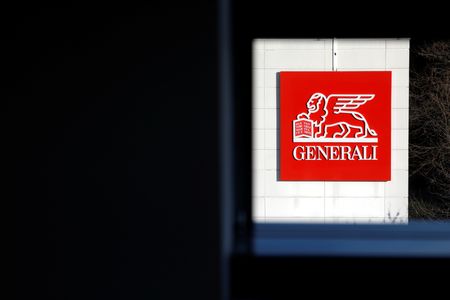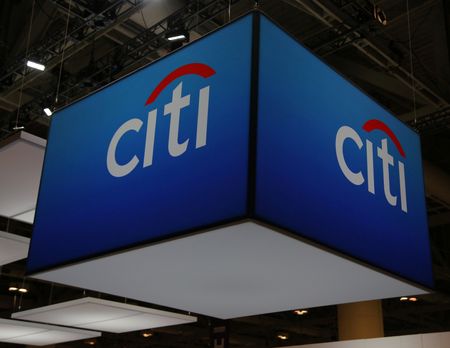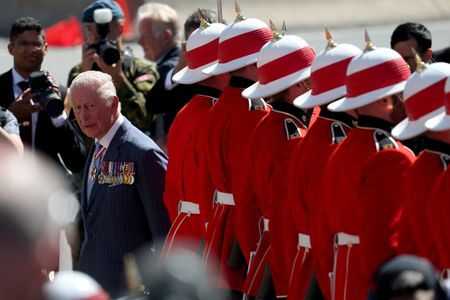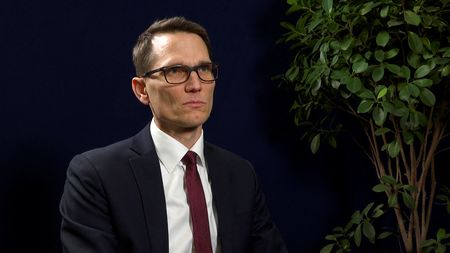By Jeff Mason and Philip Blenkinsop
BRUSSELS (Reuters) -U.S. President Donald Trump backed away from his threat to impose 50% tariffs on imports from the European Union next month, restoring a July 9 deadline to allow for talks between Washington and the 27-nation bloc to produce a deal.
European assets rallied on Monday. The euro hit its highest level against the dollar since April 30, while European shares surged and were poised to recoup the previous session’s losses.
Trump had said on Friday said he was recommending a 50% tariff effective from June 1, expressing frustration that trade negotiations with the EU were not moving quickly enough. The threat roiled global financial markets and intensified a trade war that has been punctuated by frequent changes in tariff policies toward U.S. trading partners and allies.
The U.S. president’s softened stance two days later marked another temporary reprieve in his erratic trade policy, even if the latest whipsawing in decision making reminded policymakers and investors how quickly circumstances could change.
Trump, who has repeatedly expressed disdain for the EU and its treatment of the United States on trade, relented after European Commission President Ursula von der Leyen told him on Sunday that the EU needed more time to come to an agreement.
She asked him during a call to delay the tariffs until July, the deadline he had originally set when he announced new tariffs in April. Trump told reporters he had granted the request.
“We had a very nice call, and I agreed to move it,” Trump said before returning to Washington after a weekend in New Jersey. “She said we will rapidly get together and see if we can work something out.”
Von der Leyen said in a post on X that she had a “good call” with Trump and that the EU was ready to move quickly.
“Europe is ready to advance talks swiftly and decisively,” she said. “To reach a good deal, we would need the time until July 9.”
AUTOMAKERS, LUXURY GROUPS RALLY
In early April, Trump set a 90-day window for trade talks between the EU and the United States, which was to end on July 9. But on Friday he upended that time frame and said he wasn’t interested in a deal at all.
Talks have been stuck, with Washington demanding unilateral concessions from Brussels to open up to U.S. business while the EU seeks an agreement in which both sides could gain, according to people familiar with the talks.
The EU already faces 25% U.S. import tariffs on its steel, aluminium and cars and so-called “reciprocal” tariffs of 10% for almost all other goods, a levy that had been due to rise to 20% after Trump’s 90-day pause expires in July.
The levy could now increase to 50% in a no-deal scenario, which could raise consumer prices on everything from German BMWs and Porsches to Italian olive oil and hurt demand for French luxury handbags.
The pan-European STOXX 600 index rose 1% by 0710 GMT as the U.S. deadline was pushed back. The benchmark had lost 0.9% on Friday after Trump unexpectedly called for higher tariffs on EU goods.
The automobiles and parts index, sensitive to tariff-related pressures, rebounded by 1.4%. Luxury stocks, highly exposed to the U.S. market, also gained, as did banks.
Oil prices also edged up.
Major U.S. stock indexes and European shares had dropped on Friday, and the dollar had weakened, after Trump said Washington planned to impose 50% tariffs on the EU from the beginning of June.
Trump has sought to upend the world economy with his trade policies, but after his announcement in April of tariffs on multiple countries sparked financial market upheaval, he dialled down his threats in favour of talks. Since then Washington has inked a pact with Britain and has held discussions with China.
But progress with the European Union has been more limited, sparking Trump’s ire and adding to broader tensions between the two allies over Trump’s “America first” agenda and Europe’s longtime reliance on Washington for security and defence needs.
(Additional reporting by Jan Strupczewski, Amanda Cooper, Nikhil Sharma; Writing by Richard Lough and Ingrid Melander; Editing by Lincoln Feast and Susan Fenton)

